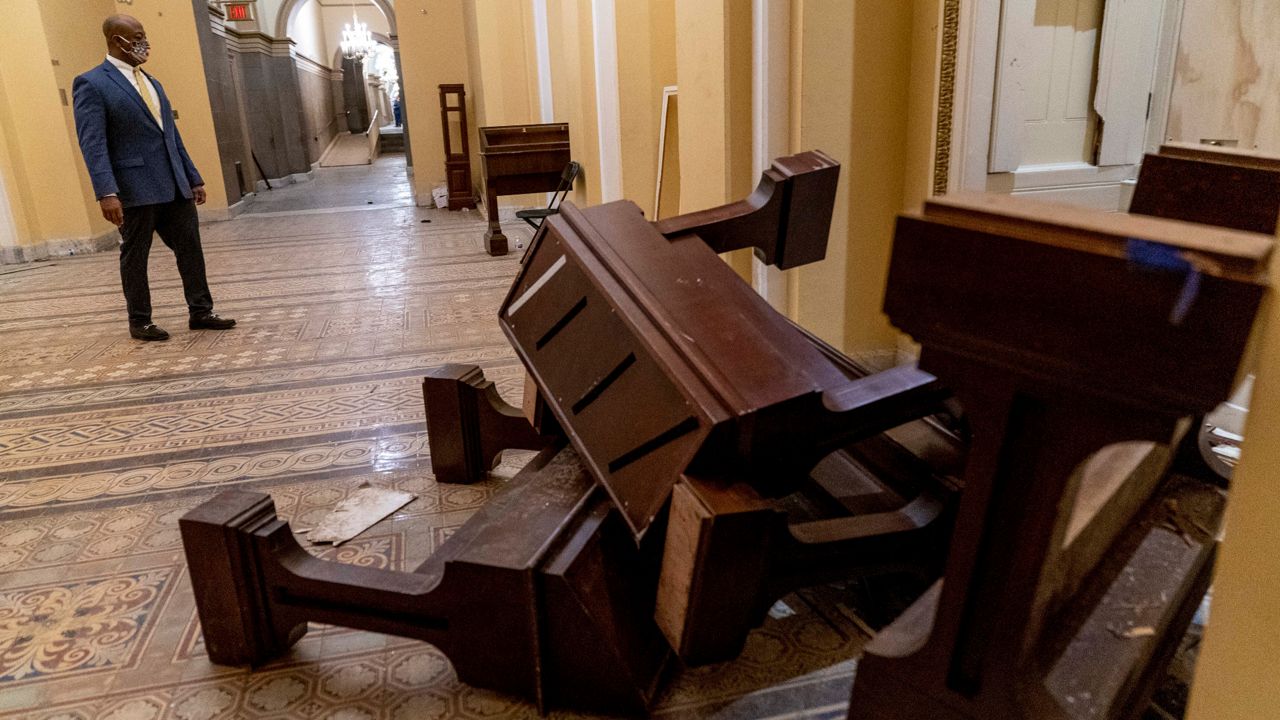House lawmakers on Capitol Hill laid the groundwork for the next stage of the investigation into President Donald Trump, approving an impeachment resolution Thursday in a largely party-line vote.
North Carolina’s three Democrats voted in support of the resolution, while the 10 House Republicans voted against. Overall, the House vote was 232-196.
Rep. GK Butterfield, D-1st District, called it a sad day for the country but said the president had left them no choice.
“We cannot continue to ignore this any longer. No person, including the president, is above the law,” he said.
The House-backed resolution outlines next steps in the impeachment probe. For weeks, House committees have heard from witnesses about the president’s conduct in a private, secure room. The resolution sets the groundwork for how to move the testimony into public view.
Republicans have long questioned the validity of the inquiry because the House did not vote to formalize the investigation. Democrats hope this vote undercuts that critique.
However, Butterfield said he ultimately does not believe the vote was necessary.
“The Constitution clearly gives Congress the absolute authority to investigate the president and to consider articles of impeachment,” he said. “But since the Republicans complained so much about due process and the failure to get authorization from Congress, Speaker Pelosi decided that it was best to go ahead and get a formal resolution passed.”
However, Republicans say the guidelines framed in the resolution are unfair and skewed against the president.
“I think it’s a sham process, it has been from the beginning,” said Rep. Mark Walker, R-6th District.
“It doesn’t give real due process rights,” said Rep. Richard Hudson, R-8th District. “[The] Judiciary Committee is going to get some kind of report. Are they going to see all the material? Is the president going to have a chance to ask questions of the witnesses who testified in secret? That's not clear.”
So, what is next?
The House Judiciary Committee, under the guidelines, could eventually consider whether to recommend articles of impeachment. The House would then have to approve those articles before the Senate could hold a trial on whether to remove the president.








